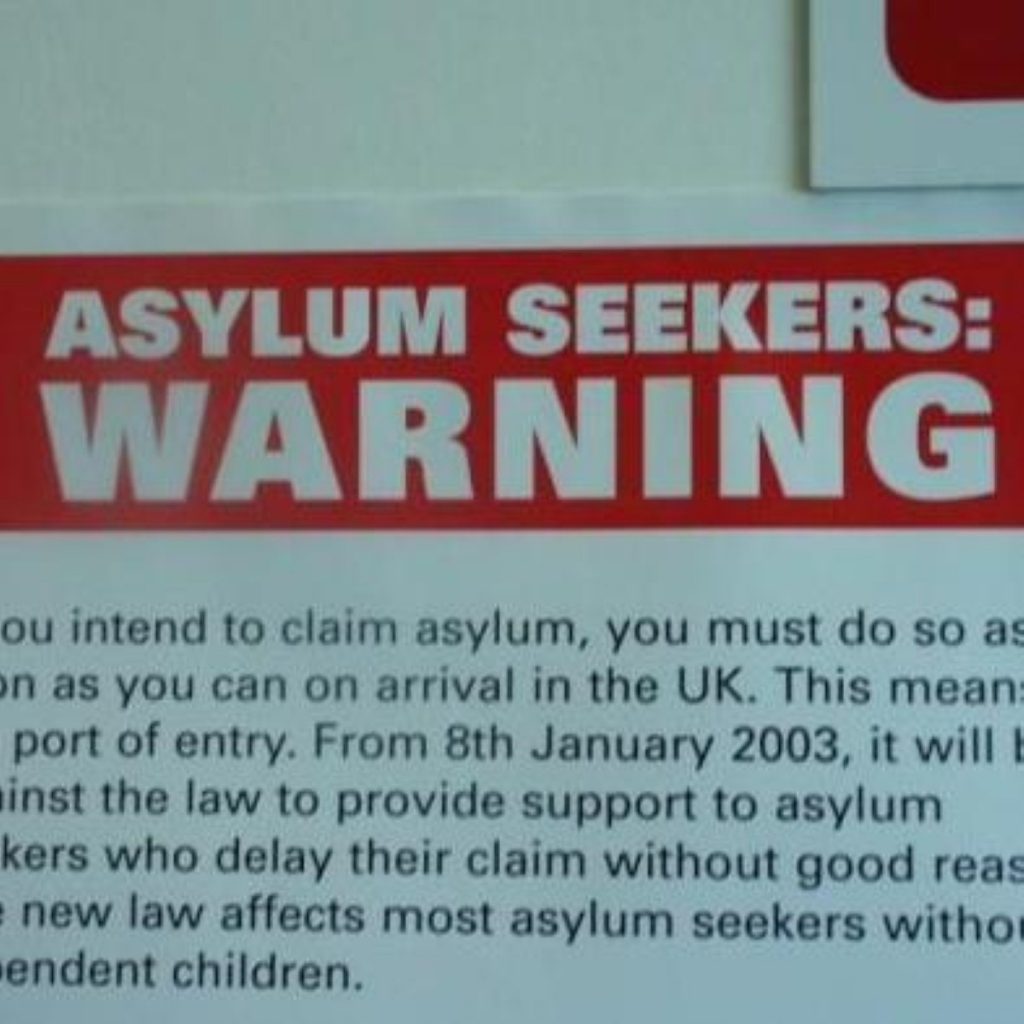“Serious concerns” on legality of immigration act
A leading parliamentary committee has expressed “serious concerns” about whether a section of the 2002 Nationality, Immigration and Asylum Act breaches the UK’s human rights obligations.
The Joint Committee on Human Rights (JCHR) is responsible for examining all Bills for their compatibility with the UK’s international human rights obligations. In this particular report, it is concerned with the Specification of Particularly Serious Crimes Order 2004 – made under the 2002 legislation – under which any individual convicted of a serious crime, who is held to constitute a danger to the community of the UK, can have any appeal for asylum dismissed.
As such, the individual can be returned to their home country regardless of the persecution they might face there. This is contrary to the normal provisions of the Refugee Convention which holds that refugees cannot be returned to persecution.
Though the Refugee Convention permits this under certain circumstances, the committee is concerned about the range of offences included in the Home Office’s legislation that could be cited as grounds for refusing an asylum application.


In a letter to the Home Office, the committee says it believes the order “is incompatible with the UK’s obligations under the Refugee Convention”, specifically because it “includes within its scope a number of offences which do not amount to ‘particularly serious crimes’ within the meaning of Article 33(2) of the Convention properly interpreted.”
It points out that the definition of a “serious crime” under the Refugee Convention is restrictive, and that “the Order’s specification of such a wide range of offences, including, for example, theft, entering a building as a trespasser intending to steal, aggravated taking of a vehicle, criminal damage, and possession of controlled drugs, is incompatible with the Refugee Convention properly interpreted” and weakens the protection afforded to individuals in danger of persecution.
The letter poses a series of questions to the Government, notably on how it is has drawn up the criteria to identify serious crimes, the burden of proof required to claim an individual is of danger to the community, and whether the circumstances surrounding the crime will be taken into account.
It asks the Government to reply by November 8th, when a debate on the issue is scheduled for the House of Lords.
Home Office guidelines currently state that under Section 72 an individual sentenced to two years or more in jail can be classified as committing a “serious crime”.

